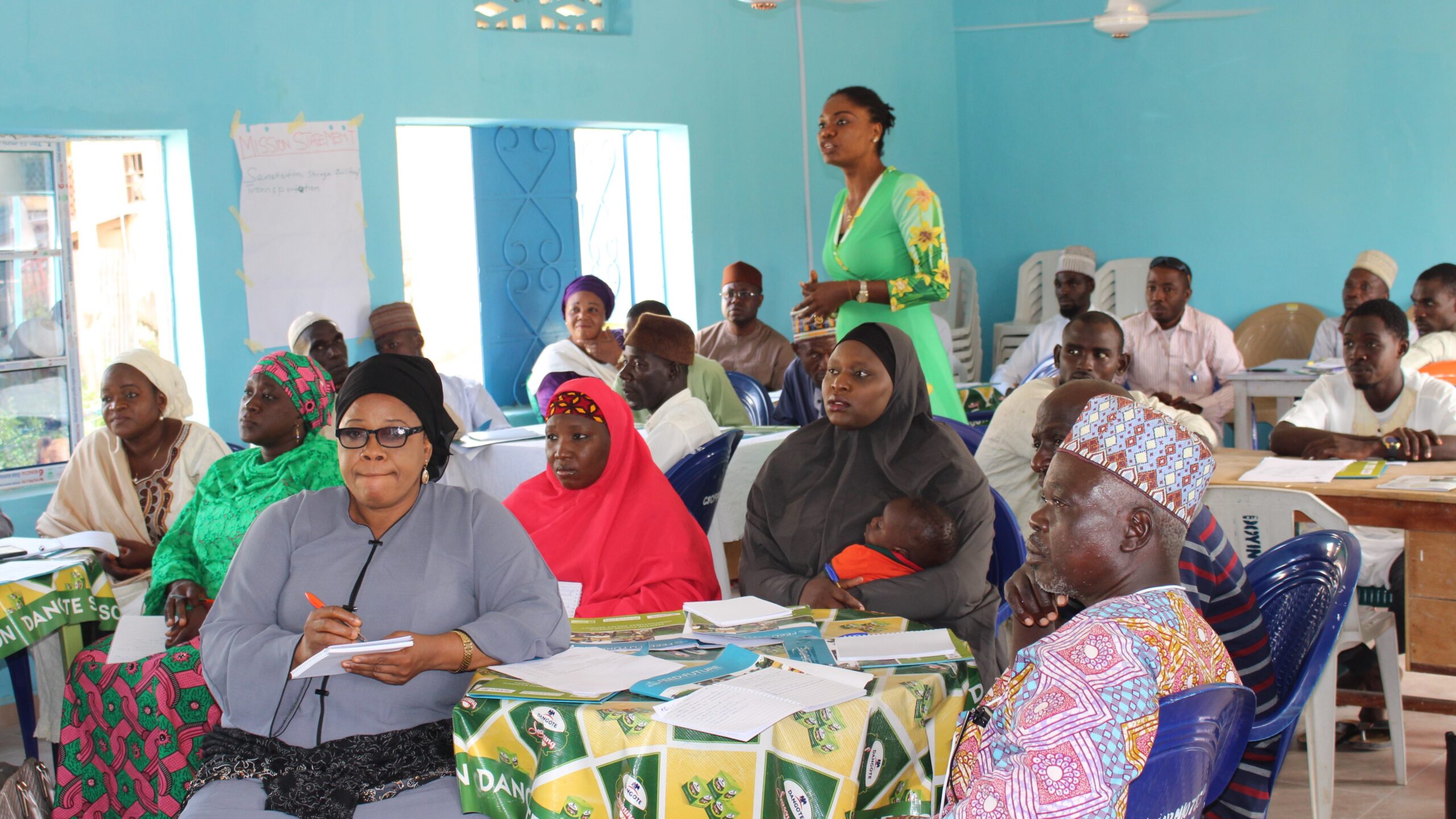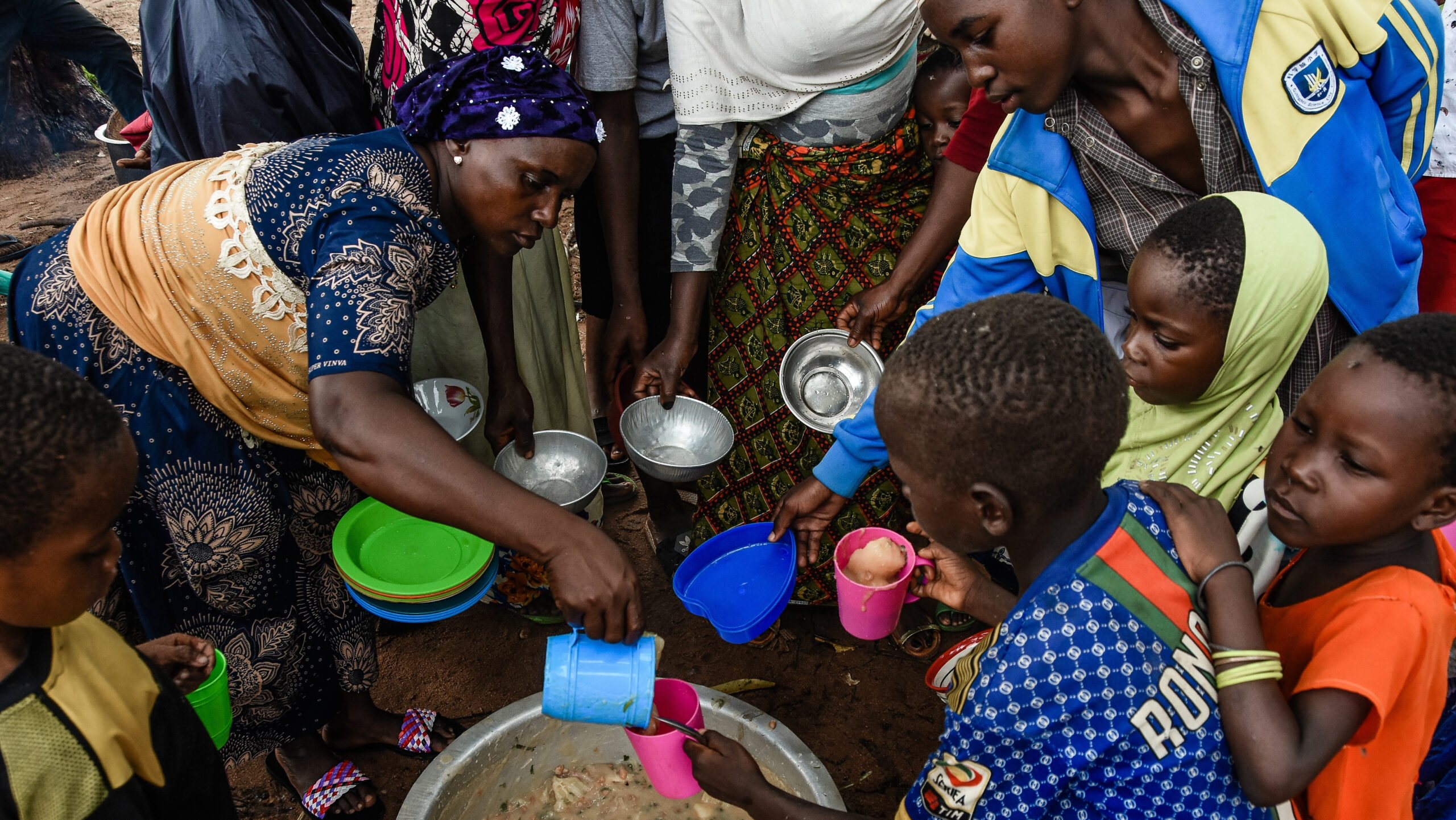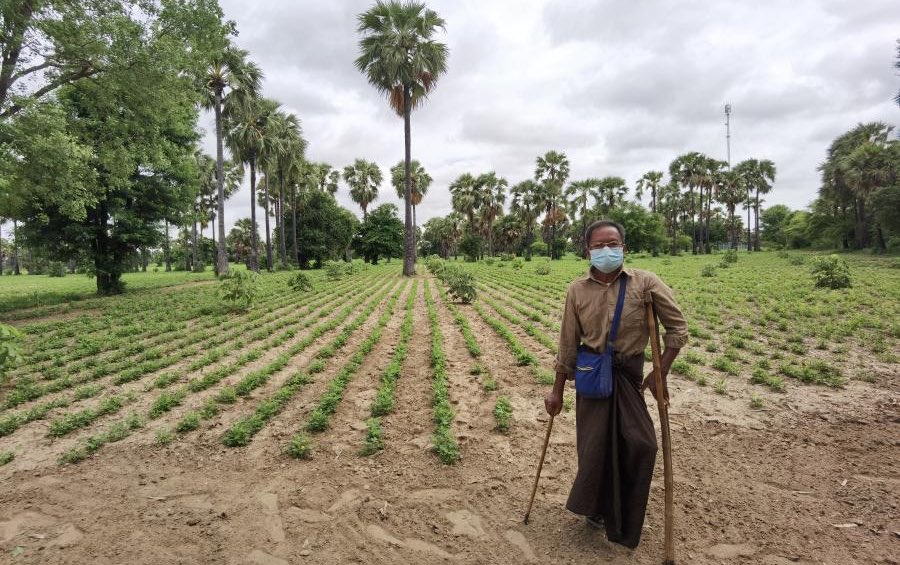Two IFPRI researchers explored what works in cluster-based development—fostering growth clustered in economically promising geographic areas—at the 2019 annual conference of Egypt’s Network for Integrated Development (ENID/ElNidaa), held Feb. 14-15 in Luxor.
Senior Research Fellow Xiaobo Zhang outlined how China seems to defy conventional wisdom on development. Absent sound financial or legal systems, the country was nevertheless able to achieve industrialization through cluster-based development. This approach made use of several factors common in Chinese society, including strong social capital, abundant labor, and entrepreneurial spirit.
For these factors to lead to the formation of a successful cluster, markets must exist and local collective action must overcome the cluster’s binding constraints, he said. Constraints are typically location-specific and evolve over time, Zhang said, requiring contingent solutions on the ground—thus, it is important to “put the local government in the driver’s seat.”
In response, Gov. Abdel Hamid Al Hagan of Egypt’s Qena Governate noted the central government’s efforts in empowering local governments and in improving infrastructure to support Upper Egypt’s development.
In another session, Research Associate Fatma Abdelaziz gave insights on the ongoing Cluster Based development (CBD) research project conducted by IFPRI’s Egypt Office as part of the U.S. Agency for International Development (USAID)-funded project “Evaluating Impact and Building Capacity.” Abdelaziz shared primary research findings from the field on Egypt’s medicinal and aromatic plants (MAPs) clusters in Fayoum and Beni Suef.
MAPs is an important sector, given the high international demand for its products and Egypt’s role as one of the world’s leading exporters. The sector is highly labor-intensive and benefits from Egypt’s favorable weather conditions, making use of Egypt’s comparative advantages and having a large potential for employment and raising farmers’ incomes, Abdelaziz said. Yet the sector faces some challenges, “non-individual binding constraints” such as water contamination and unaffordable crop testing, which necessitate both local government intervention and collective action.
Both IFPRI researchers stressed the importance of rigorous research to document challenges specific to each cluster and to support evidence-based policy interventions. The MAPs research project is just a starting point for more cluster research to come; the same research methodology can be replicated to study other clusters across Egypt. Post-presentation, several attendees expressed interest in investing at points in the MAPs value chain, particularly waste management in the MAPs production process. Qena’s local government representatives also expressed interest in replicating the study to explore ways to utilize the untapped potential of Qena and Suhag’s stagnating clusters.
Hoda El Enbaby and Fatma Abdelaziz are Research Associates with IFPRI’s Egypt Office in Cairo. This post also appears on the Egypt Office blog.







